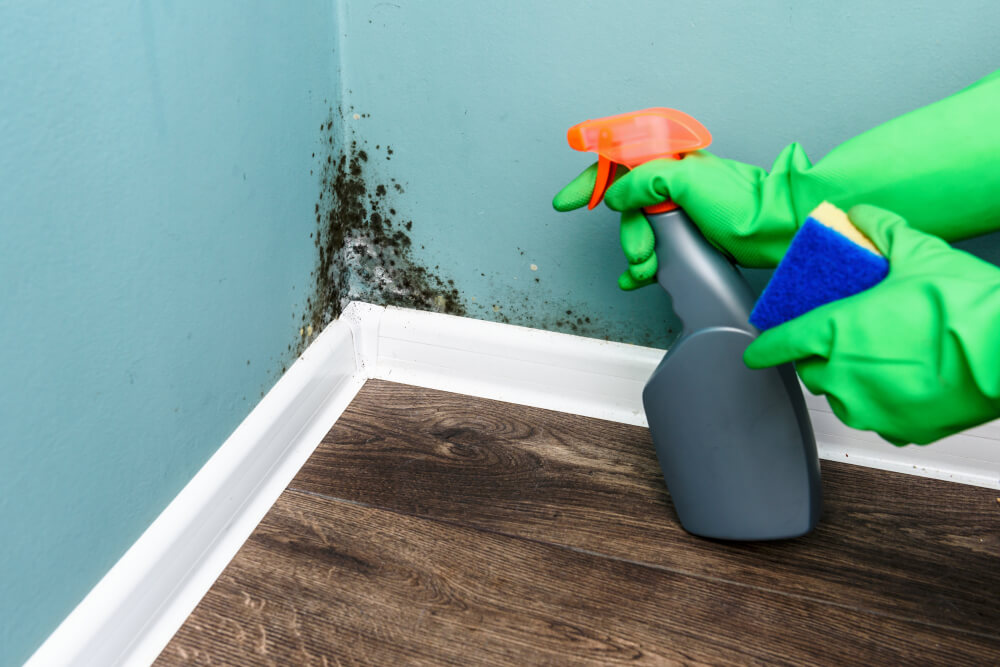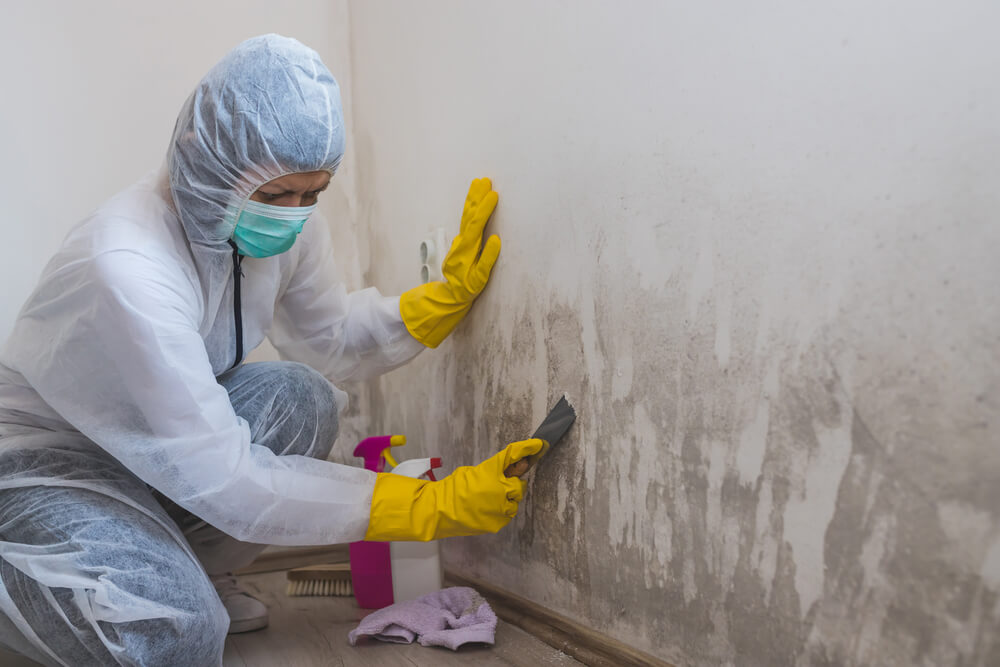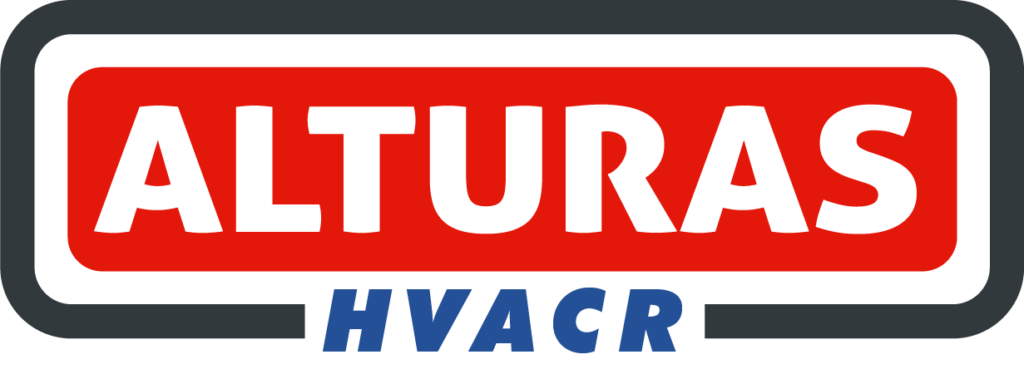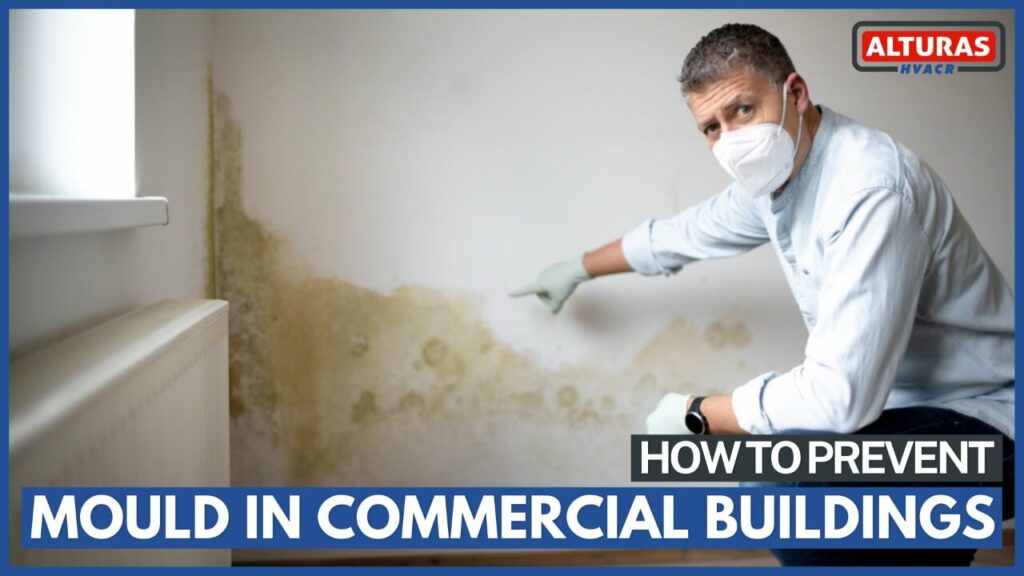Mold is also referred to as mildew, is a fungal growth. It grows in places that have moisture, around water leaks in roofs, windows, or pipes. It can also grow in dust, wallpaper, insulation, paints, drywall, carpet, fabric, and upholstery.
Mold is a natural part of the environment and plays a significant role in nature by breaking down dead organic matter such as fallen leaves and dead trees. But mold growth indoors should be avoided, specially mold in commercial buildings. Usually, its growth is visible but it can also be hidden. It is an indication of a hidden defect such as condensation, leaks, or rising dampness. It is aggravated when it is allowed to expand beyond the point where it originated.
Mold in Commercial Buildings

You must have come across stories about a lot of businesses including big companies, being forced to shut down due to mold growth in commercial buildings. This causes workers to suffer and businesses to come to a cessation. Sometimes, company executives face serious legal action.
Mold slowly and gradually pollutes the air and can silently deteriorate the structure of your building. Additionally, it can cause you a lot of money as well if not banished properly. A type of mold called black mold can result in an ugly nuisance and cause serious illness in humans. It can cause physical damage to the building’s structure.
What causes Mold in Commercial Buildings?
Mold growth is majorly caused due to humidity and moisture. Unchecked mold growth in commercial buildings or houses can be extremely hazardous. Following are some of the reasons that cause mold problems in buildings
- Uncontrolled moisture problems such as roof leaks, walls, and loosely fitted pipes.
- Heating and cooling systems and intakes like air vents can cause mold spores to enter indoor areas.
- Mold is attracted to forgotten leftovers because the food is an organic substance on which mold can grow.
- Gutters are a major source of mold development under the building making the mold flourish.
- Combustion appliances that are unvented cause mold to multiply at great speed.
Ways to Prevent Mold in Commercial Buildings
People with irritated skin, allergies, asthma, nasal congestion, itchy eyes, breathing problems, or weak immune systems tend to get affected more by mold spores in the air. However, if you’re armed with the right help, preventive measures, and knowledge, it is quite easy to avert and save the building owners and managers from a momentous strain.
Fortunately, there are some strategies that may prevent mold growth in commercial buildings and help you secure your properties:
Get your HVAC Equipment Maintained and Serviced

The HVAC systems in the building are usually ignored and don’t get serviced regularly. Thorough HVAC maintenance and inspection are vital to prevent mold growth in buildings. Call Alturas HVAC maintenance, and repair service providers. We will do preventive maintenance of HVAC equipment. We will perform perfect cleaning and maintenance service of your equipment that will increase the overall life expectancy of your commercial HVAC pieces of equipment.
Clean the dripping pans
Cleaning the drip pans and HVAC units is a vital preventive measure. Mold spores normally travel through the ventilation systems these pans are unlikely to grow to mold themselves. But if they hold stagnant water it creates a humid environment around them that contributes to mold growth.
Clean the leaks and water damage immediately. keep a keen eye over any kind of leaks, stains on walls, carpets, and musty smells under or over the ground. If you find any of this, stop it before it leads to moldy disaster.
Decrease Moisture and Install a Humidifier
Mold growth depends on the commercial building’s climate or geographic location. It is suitable for mold to grow in areas in which the humidity levels are always high. Make sure that your establishments aren’t causing humidity.
Damp air is a culprit for easy mold growth. Considering installing dehumidifiers and keeping the temperature under 50% may be very beneficial.
Regular HVAC Cleaning
Your building’s heating, ventilation, and air conditioning systems can play a major role in the accumulation of mold spores. By making sure that your HVAC systems and ducts are regularly cleaned, the transfer of spores is reduced.
Regular cleaning not only keeps the environment clean and healthy but also helps prevent or reduce the impact of any mold that may be present. Also, any expansion or joints in the building should be sealed. Examine these areas as these open spaces provide a perfect environment for mold to grow. Sealing them off is important.
Setting up cleaning schedules, and making sure everyone is following them can be a bothersome process. It can be time-consuming and threatening for your business and workers. It is recommended to Seek professional help in this regard. Alturas service providers have got your back so that you can focus on your business rather than the equipment upkeep. Alturas HVAC maintenance service providers are just a call away and will provide HVAC equipment cleaning and maintenance service at your doorstep.
Use organic Mold Prevention methods
If you are skeptical about using harmful chemicals in your workspace, home, or building, you can use organic sprays and other products to kill mold and other harmful bacteria. You can also use things like fans, dehumidifiers, and air purifiers to help keep the air in your commercial building fresh and clean. With this strategy, you will be able to keep mold out of your work territory.
Minimize Mold Contamination Risks
There is always a risk of relapse of bacteria if the DIY method is applied. DIY methods can be helpful for a small time to wipe out the fungus. But the mold spores become airborne as a non-professional can make a mistake while trying to eradicate the mold. Other areas can get contaminated while scrubbing
To avoid contamination of mold, it is advisable to take the action right away and seek professional help. This will reduce the risk of mold contamination and mold re-growth. Clean up messes professionally as soon as they reoccur
Is mold an OSHA violation?
Currently, there are no federal standards or recommendations (e.g., OSHA, NIOSH, EPA) currently for airborne concentrations of mold or mold spores. Scientific research is still going on to determine the relationship between mold exposure and health effects.

